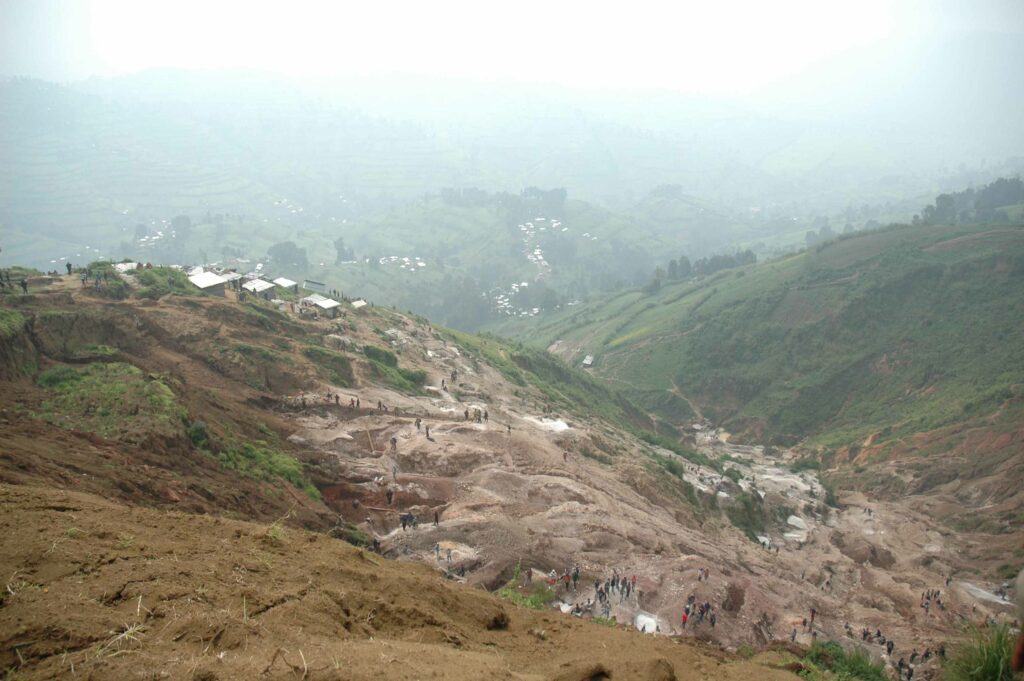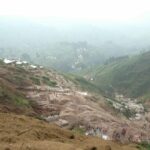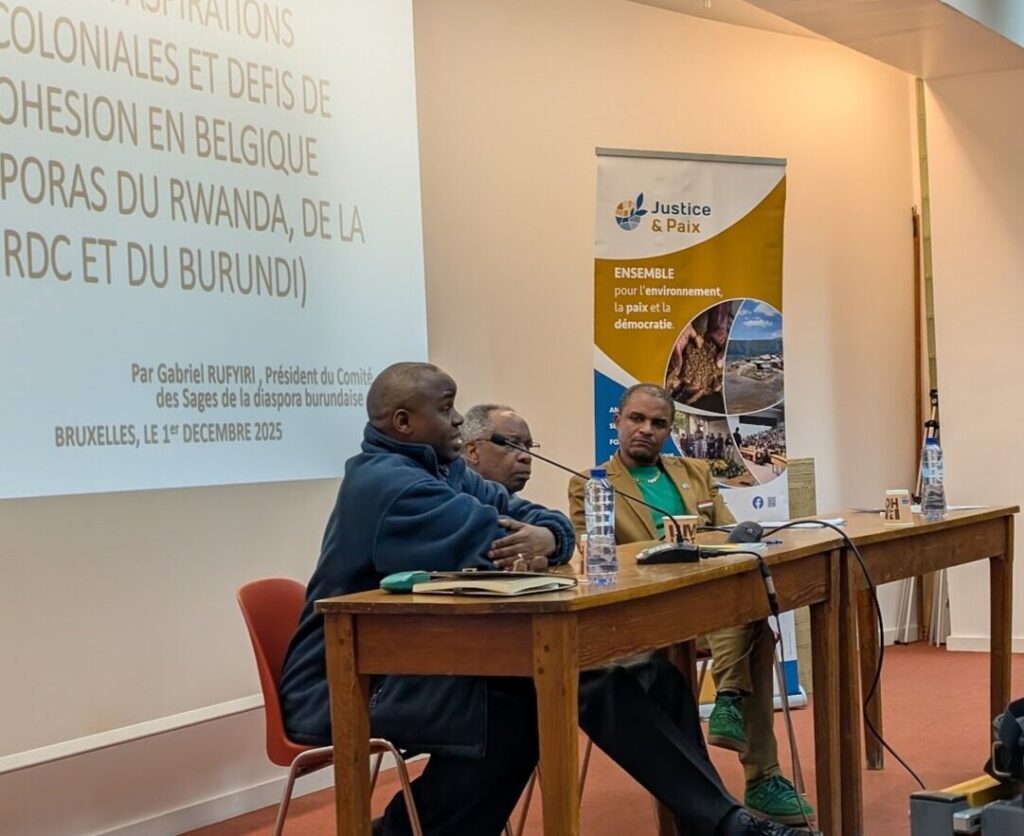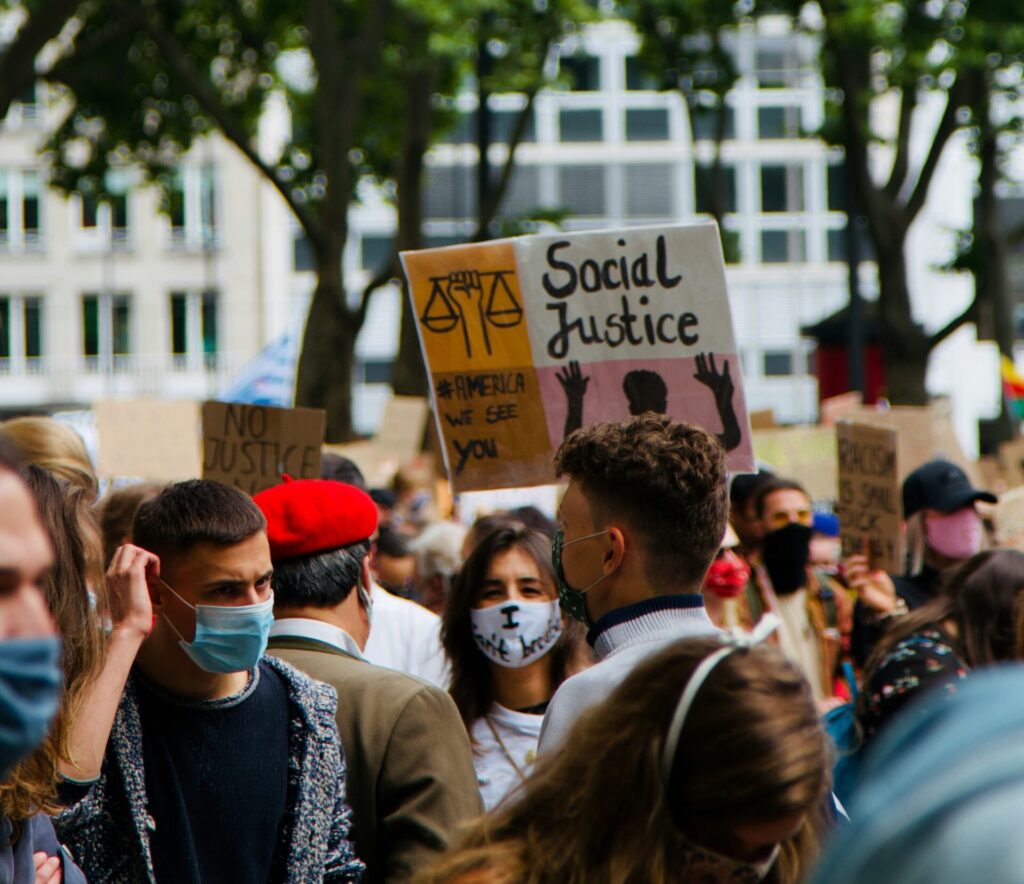The world today has 25.4 million refugees, 3.1 million asylum seekers and 65 million internally displaced people. In 2017, every two seconds, someone was forced to leave their place of residence. The obvious causes of these migrations are violence, poverty and the quest for hope, freedom, a better life. Migration is too often forced and synonymous with suffering. This situation must change!

- By increasing the share of public development assistance to achieve the objective of 0.7% of Belgium's gross national income from 2020;
- By supporting the DR Congo in its democratization process, in particular by supporting more and more effectively Congolese civil society organizations which work on the ground with the populations with a view to their empowerment;
- By supporting and engaging more actively in international initiatives on responsible sourcing of raw materials (notably within the framework of the European Union Due Diligence Regulation [5]In 2017, the European Parliament and the Council of the European Union adopted the European regulation for the responsible sourcing of four minerals from conflict zones or… Continue reading or the Kimberley Process) [6]See in particular: EurAc, Notice for businesses, Member States and the European Commission, Implementation of the EU Regulation, March 2018. and in their implementation in Belgium.
Attachments
Notes[+]
| ↑1 | Because today, it is estimated that only around 80,000 Congolese live in Belgium, all legal statuses combined (Belgian citizens, sub-Saharan African residents, asylum seekers, people in an irregular situation). Source: King Baudoin Foundation, Report – Citizens with African roots: a portrait of Belgian-Congolese, Belgian-Rwandan and Belgian-Burundians, November 2017. |
|---|---|
| ↑2 | King Baudouin Foundation Report (op. cit.). |
| ↑3 | Refugees represent approximately 20% of migrants from DR Congo in Belgium. Source: King Baudouin Foundation Report (op. cit.). |
| ↑4 | UNDP, Human Development Report 2016. |
| ↑5 | In 2017, the European Parliament and the Council of the European Union adopted the European regulation for the responsible sourcing of four minerals from conflict or high-risk areas. The regulation thus provides for the obligation for European companies involved in the supply chain (foundries, refineries, traders, banks and manufacturers) to ensure that their imports of tin, tantalum, tungsten and gold come from exclusively from responsible sources and are not derived from conflicts. |
| ↑6 | See in particular: EurAc, Notice for businesses, Member States and the European Commission, Implementation of the EU Regulation, March 2018. |





